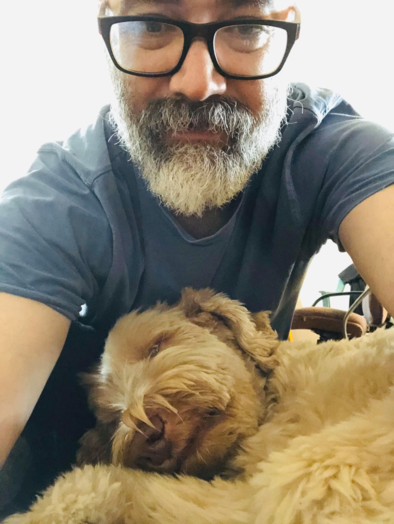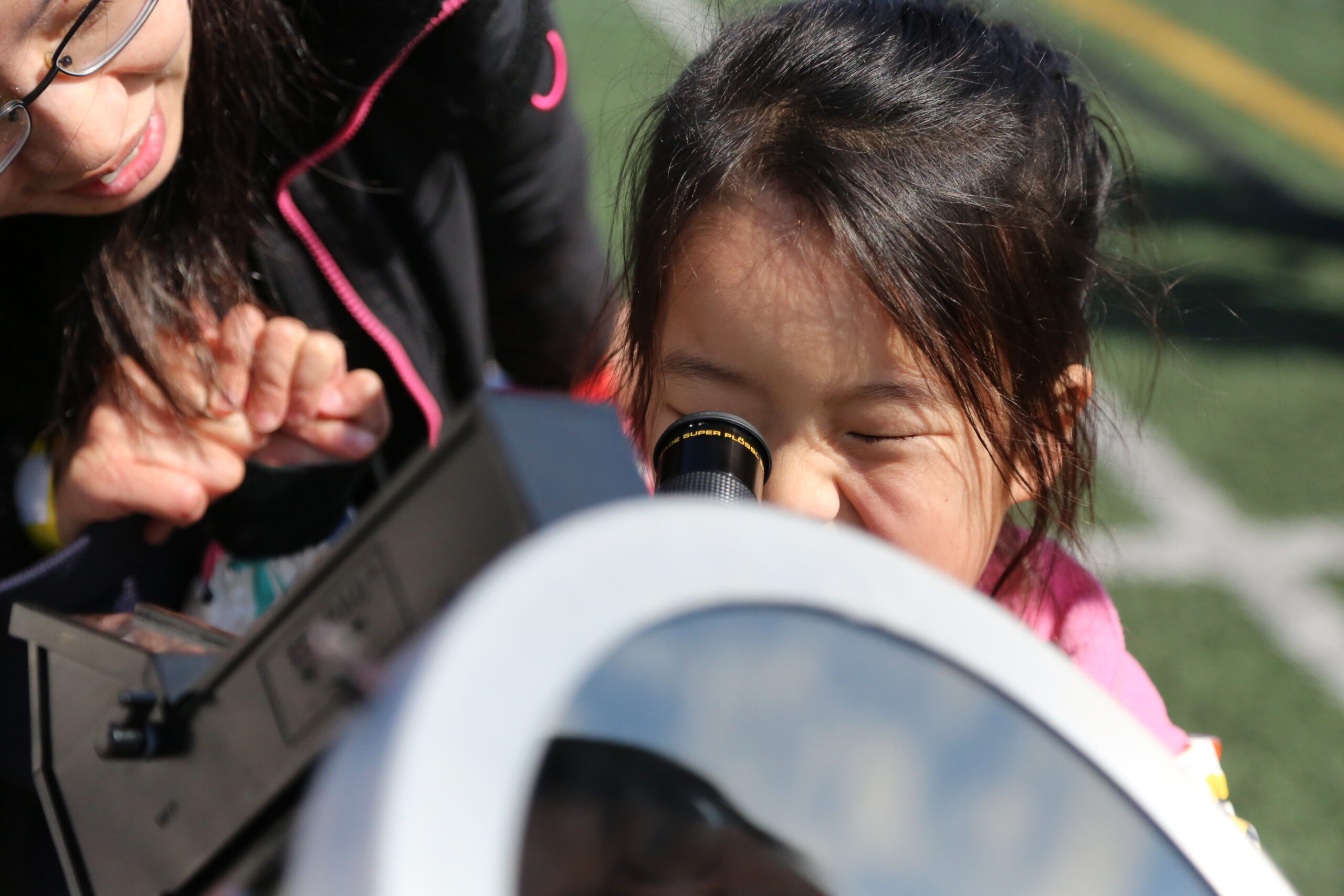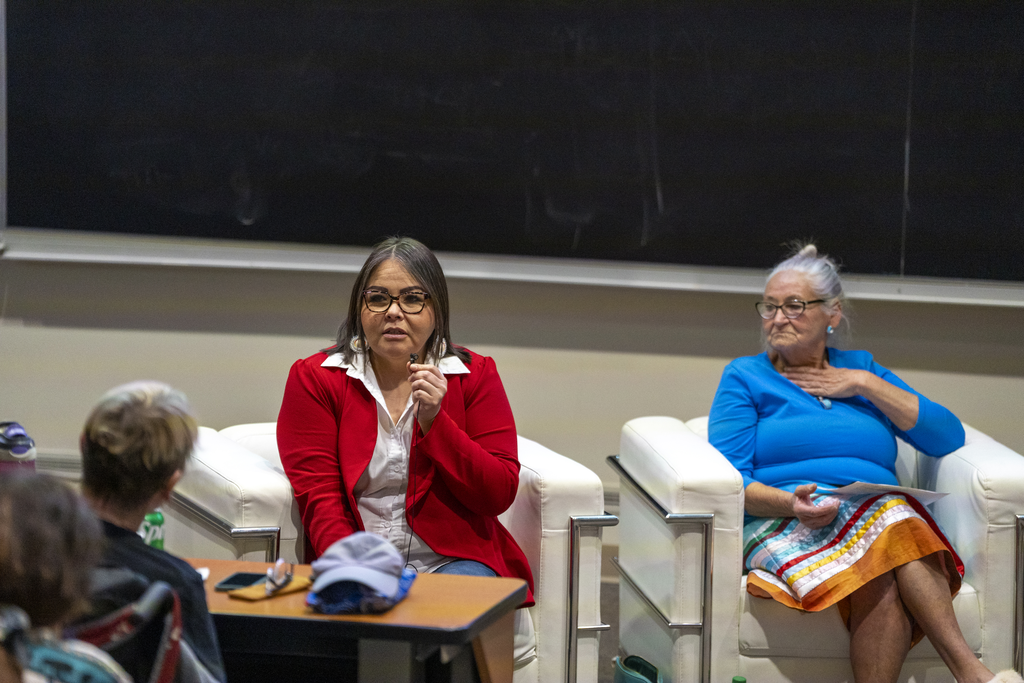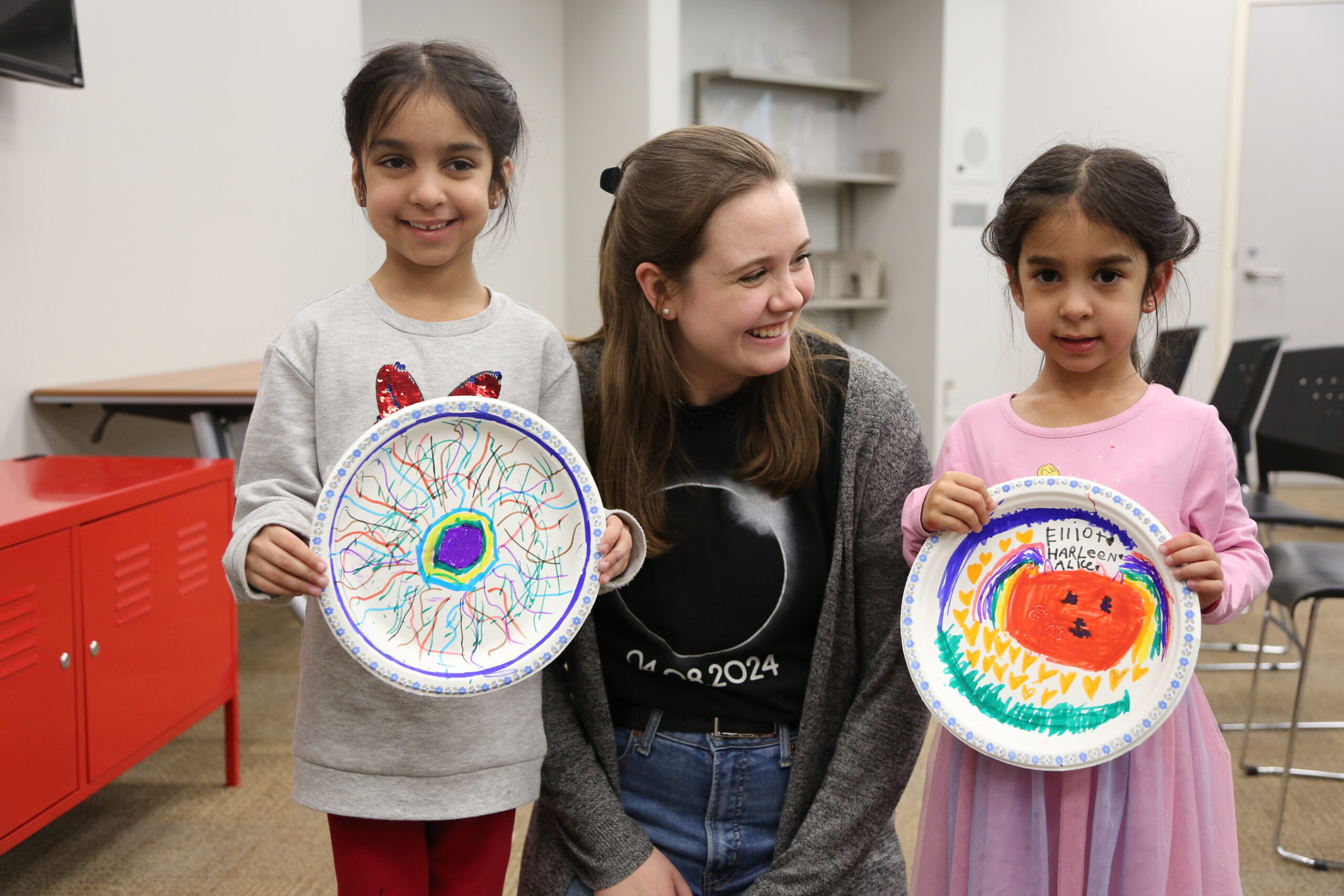McMaster Science Cares with Antonio Paez

And there is nothing to prevent you, as you grow old, from reliving those feelings. Or rather, if possible, from living again as if you were young. If that is what you aspire to, these guidelines are for you.
The easiest way to be young again is to fall in love and make a complete fool of yourself. This, it must be noted, might prove a tad embarrassing. Or it may just be that your heart is unwilling to break again.
In such case, you might instead wish to try the hard way to be young again.
Make hot cocoa in the morning, just like in winter your grandmother used to make.
Play with some rocks. Lose yourself in the challenge of matching colors and shapes, of playing with gravity and patience.
Doodle, no matter how well or poorly. Better yet if you do it poorly. No toddler was ever discouraged from doodling because the critics did not think it was art.
Tell your relatives you love them, frequently. Bask in the warmth of their smiles.
Listen to the birds in the morning. Do not get up from bed without a fight.
Try new things: flavors, scents, colors. Do not rush into them. Instead, immerse yourself in the experience.
And remember, whether you fall in love and make an ass of yourself, or you work hard until you see the world with new eyes again, the heart and the mind don’t really care how old you are, so don’t be afraid to act like a fool and rejoice in it instead.”
– Antonio Paez, School of Geography & Earth Sciences
Students in McMaster’s Faculty of Science are greatly missed by all our faculty members and staff. Look for more #MacSciCares messages of reassurance and hope in the days ahead. For the latest McMaster COVID-19 updates, please go to covid19.mcmaster.ca.
Related News
News Listing

Physics and Astronomy grad students offer out-of-this-world view at total solar eclipse viewing party
Community, Engagement excellence, Graduate students
April 8, 2024

The greatest of love stories: Panel shares Indigenous perspectives on the eclipse and astronomy
Community, Faculty, Outreach, science communication
April 8, 2024

